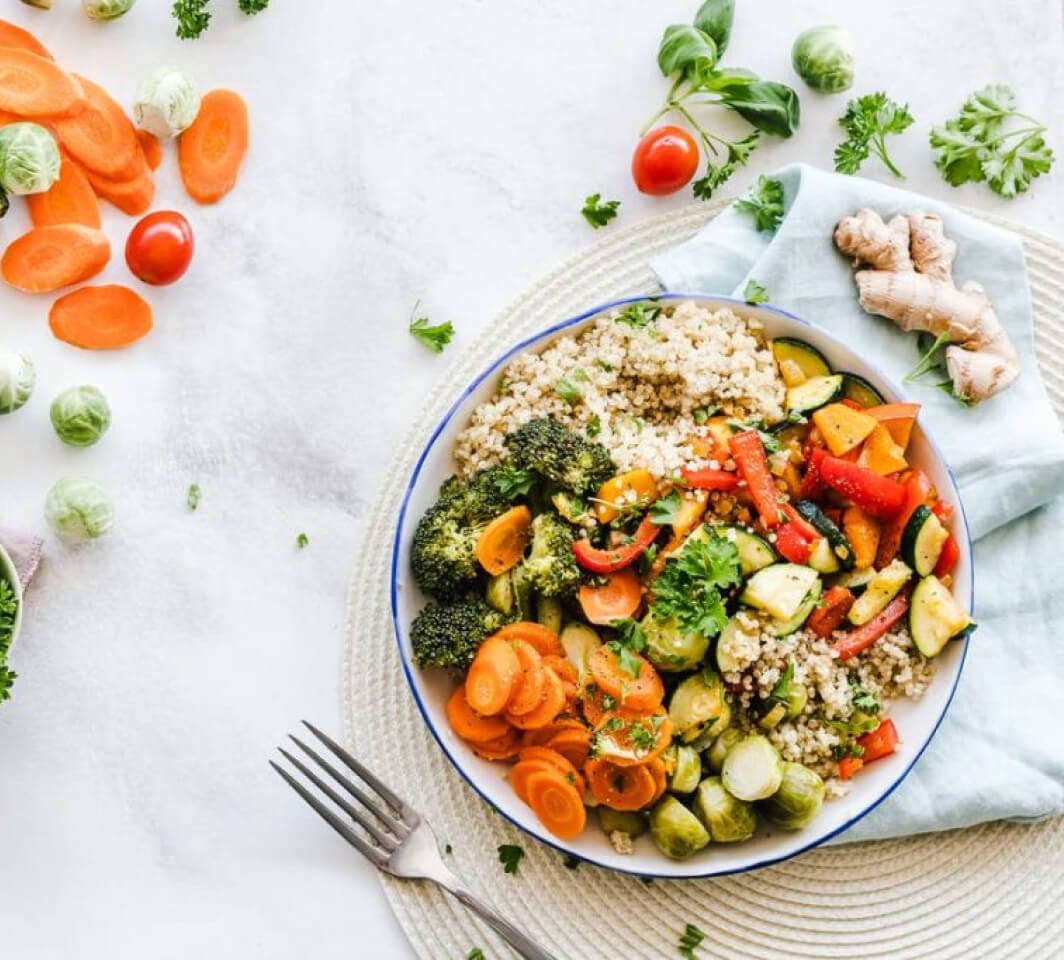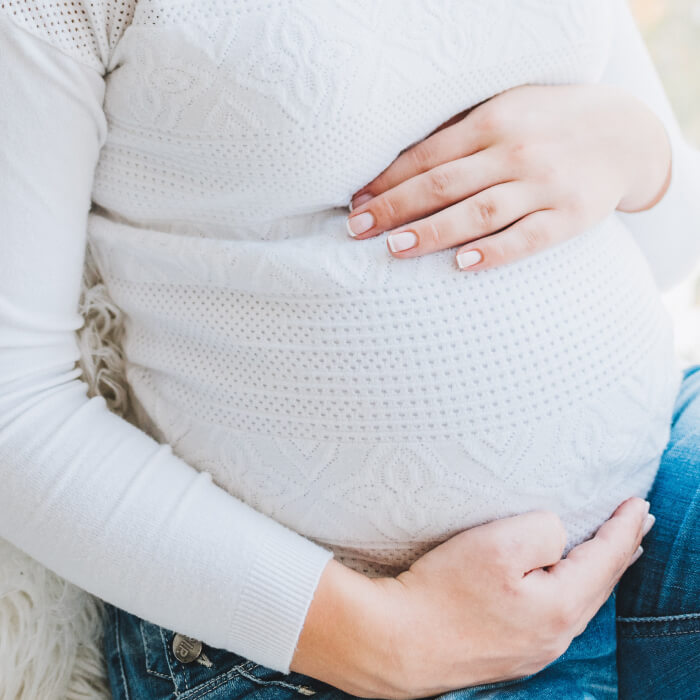How to add fibre to your diet and prevent constipation
It’s best to increase your fibre intake gradually, so your body can adjust. Add fibre slowly and throughout six small meals or snacks a day. Experts say that the type of fibre you eat is less important than making sure you get enough overall. However, getting fibre from natural food sources is always best. Try eating a variety of fruits, vegetables, whole grains, nuts, and legumes to add a mix of various fibre, as well as a wide range of nutrients to your diet. Such nutrition may help relieve constipation during pregnancy.
Include plenty of fluids in your diet as you increase the fibre content. This will help keep the bowels more regular and render the stool soft. Meet your daily fluid needs with water and a variety of nourishing beverages such as milk, juice, and soup.





.jpg)